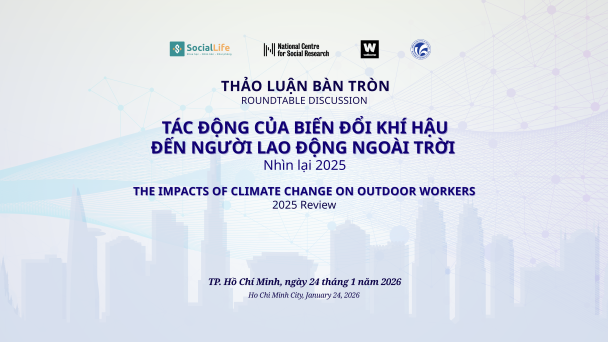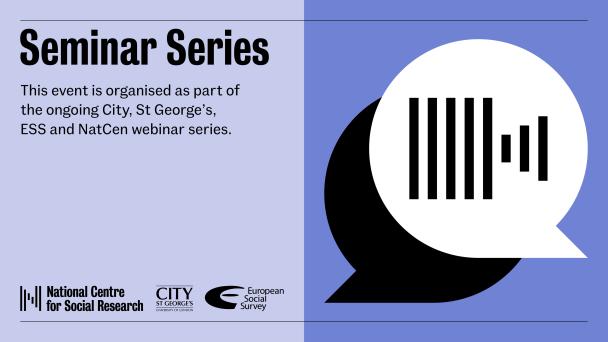The 4th Roundtable Discussion on the Impacts of Climate Change on Urban Outdoor Workers


Artificial Intelligence (AI) is increasingly recognised as a transformative force in healthcare, promising breakthroughs in early disease detection, personalised medicine, and operational efficiency. Yet the terrain remains largely uncharted: many of these technologies are still in their infancy, lacking established regulatory guardrails or universal ethical standards. This uncertainty creates both urgency and opportunity—particularly for ensuring that AI is developed and deployed through localisation and two-way knowledge sharing in global health.
From diagnostic imaging tools and predictive analytics to robotic surgery systems, virtual health assistants, and AI “copilots,” the spectrum of healthcare AI is extensive. While these innovations can improve diagnostic speed and accuracy, guide personalised treatments, and ease clinician workloads, they also raise critical concerns about data bias, privacy vulnerabilities, and over-reliance on automated decisions. Addressing these challenges—by embedding fairness, transparency, and context-specific safeguards—will be essential in shaping ethical and inclusive AI adoption worldwide.
In many respects, healthcare AI has emerged unevenly. High-income countries drive research and funding, while low- and middle-income countries (LMICs) may find themselves adapting or importing technologies that lack contextual fit. If these power imbalances go unaddressed, existing disparities in healthcare could deepen. Moreover, persistent knowledge gaps about healthcare systems in LMICs—such as limited data infrastructure, under-researched disease burdens, and the complexity of local healthcare delivery—can further exacerbate this uneven development.
These gaps not only affect the immediate applicability of AI solutions but also shape the broader trajectory of AI innovation, potentially entrenching inequalities. Additionally, while healthcare professionals are generally trained to diagnose and treat diverse patient populations, evidence shows that such training often falls short in practice. Research on racial and ethnic minorities and populations in LMICs remains limited, leading to overlooked conditions or misdiagnoses in these groups. For example, diseases may present differently across populations or have unique risk factors that are under-researched, creating blind spots even among well-trained practitioners. If healthcare AI systems are built on these same biased or incomplete data sets, they risk perpetuating and amplifying these inequities on a global scale.
The concept of capacity sharing—where knowledge, resources, and technologies flow bidirectionally—becomes vital in supporting truly inclusive and sustainable AI adoption. Likewise, timely integration of ethical principles is key: delaying robust governance until AI systems are deeply entrenched can be costly, further entrench unequal power dynamics.
Diane joined NatCen International in July 2023 as a Research Director. Her research will centre on Global Health with a focus on Equity and Inequality. Before joining NatCen, Diane was a Lecturer in Psychology at the University of Kent with an interest in Social and Political Psychology. During that time, she worked on developing a module on race and racism that spans across multiple humanities and social sciences subjects including: Psychology, Sociology, Economics, Politics, Anthropology and Conservation. She also assisted in devising and implementing a creative mentoring programme for Graduate Teaching Assistants using methods to enhance their wellbeing and role in the School of Psychology.
She is a mixed-methods researcher with experience in carrying out both quantitative and qualitative research in Social, Political and Organisational Psychology. She was also the Methods and Statistics module convenor for the MSc program in Organisational Psychology.
She has previously worked with Syrian Refugees in Lebanon and investigated the factors underlying the #MeToo movement in Lebanon.



 Press release
Press release
Receive a regular update, sent directly to your inbox, with a summary of our current events, research, blogs and comment.
Subscribe